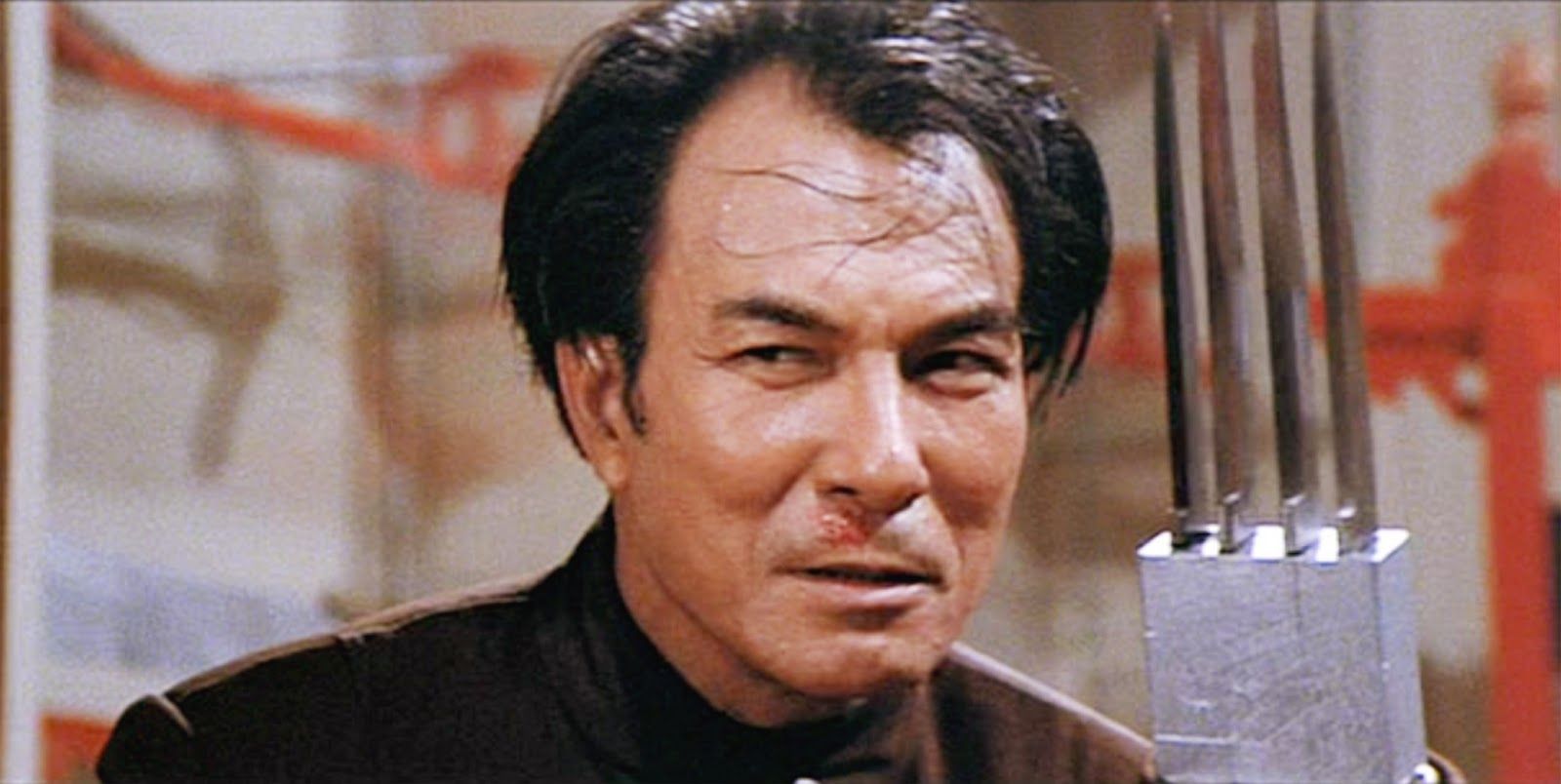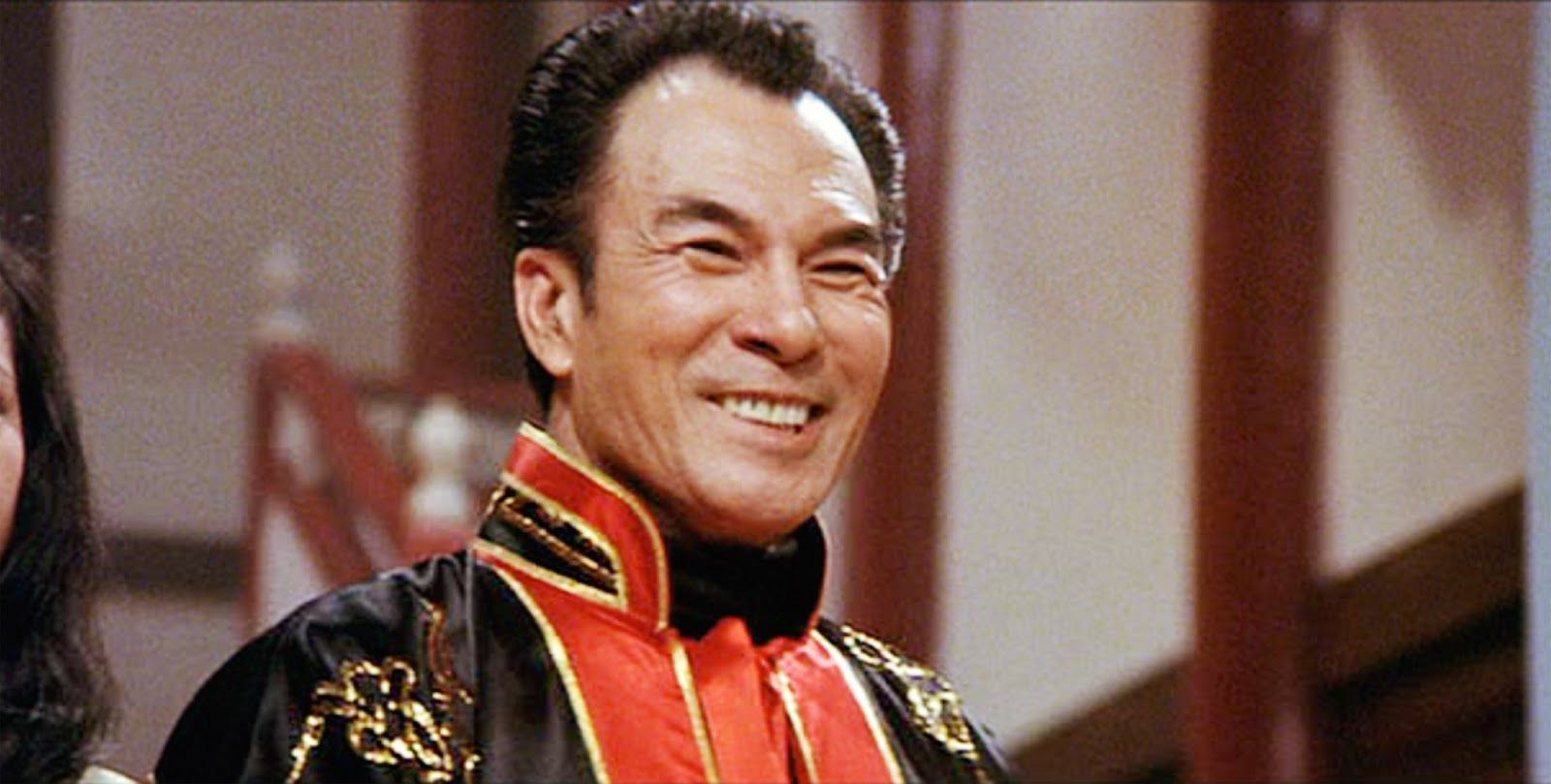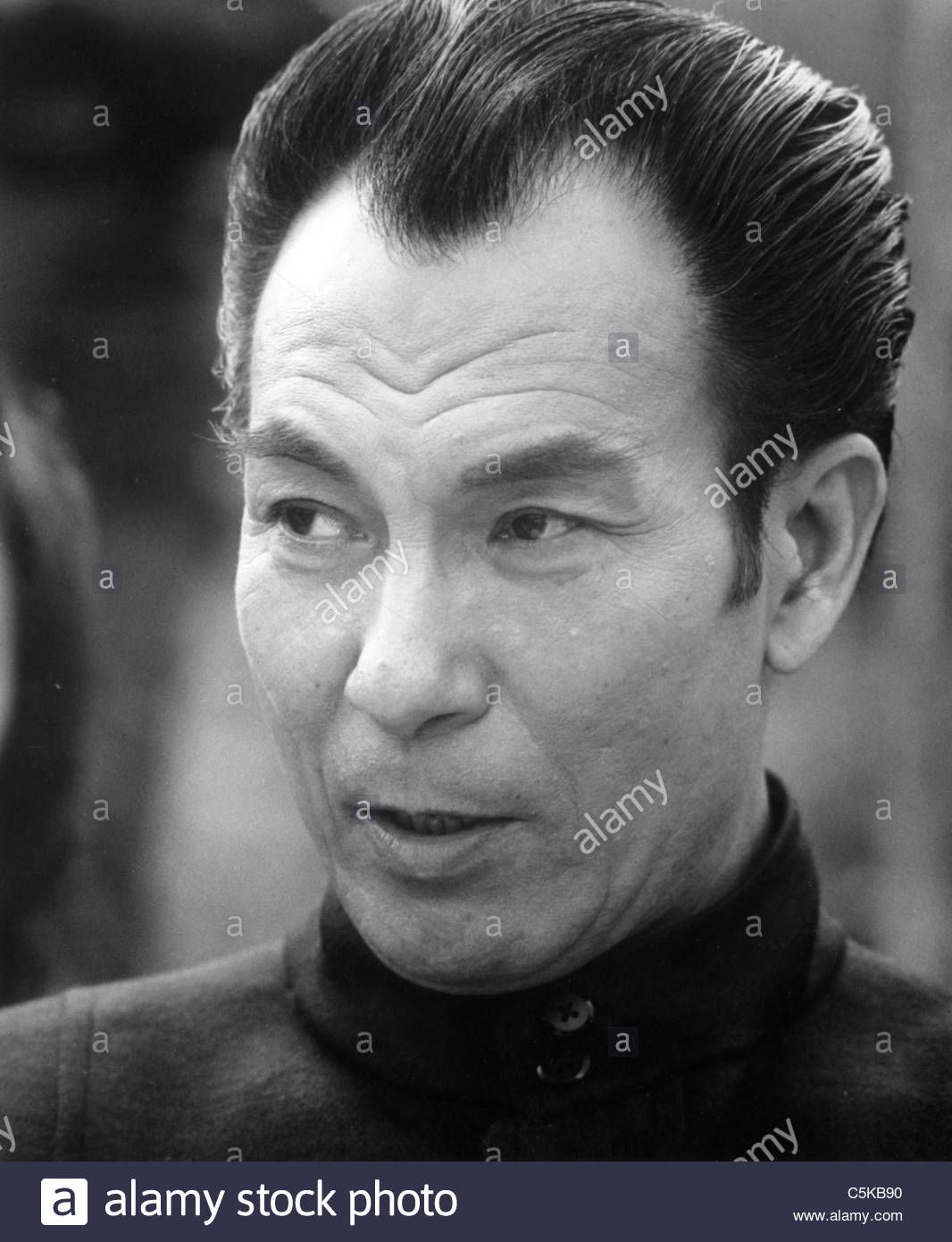Billionaires Shih Kien - A Look At Public Perceptions
The way people talk about immense wealth and those who possess it often stirs up a lot of thought. It is interesting, really, to see how different viewpoints come together, or sometimes clash, when discussing the lives and choices of the very rich. There's a certain fascination, you know, with the kind of properties they own and the sheer scale of their living situations.
This curiosity extends to how these individuals interact with the world, or rather, how the world perceives them. From the grand buildings they call home to the quiet ways some might try to influence things, it all becomes part of a larger conversation. It's almost as if, for many, the lives of the extremely wealthy offer a glimpse into a very different sort of existence, one that sparks both admiration and, quite often, a good deal of debate.
So, when people get together, even in online spaces, to talk about these things, you hear a whole range of opinions. These discussions, actually, can reveal a lot about what society values and what makes people feel a certain way about money and power. It’s a bit like taking a peek into the collective thoughts on a topic that touches everyone, in some way or another, even if just through news stories or casual chatter.
- Linda Hunt Net Worth
- Cristiano Jr Mother
- Christmas Trees Black Friday
- Best Lash Glue For Sensitive Eyes
- Nurse Breast
Table of Contents
- The Grand Structures of Great Wealth
- What Do Online Gatherings Tell Us About Billionaires Shih Kien?
- When Property Faces the Elements - A Shih Kien Perspective
- Are Billionaires Always Seen as Entitled? The Shih Kien Debate
- How Does Local Life Compare to Billionaire Lifestyles - A Shih Kien View?
- What About Influence and the Shih Kien Connection to Power?
- The Ongoing Conversation About Billionaires Shih Kien
- The Perception of Wealth in Our Times
The Grand Structures of Great Wealth
It is interesting to consider, really, how some places become symbols of great wealth. Take, for instance, a very prominent structure on what people call "billionaires row," which is 220 Central Park South. This particular building, you know, stands out quite a bit. It is often mentioned when discussions turn to the homes of the exceedingly rich. The sheer scale of such a place, its height and its location, often captures the imagination of many. It represents, in a way, a certain kind of achievement, or at least a level of financial success that is far removed from the everyday.
Then, there is another spot, number 200, which held a good number of apartments, nine of them actually, that someone or some group had possession of. Owning that many living spaces in one building, especially in such a desirable part of town, does paint a picture, doesn't it? It suggests a level of resources that many folks can only dream about, sort of a different way of living entirely. The very idea of having so many homes, or even just multiple units in a single building, tends to spark conversations among people, too. It makes one wonder about the choices made when someone has such significant means at their disposal. This kind of ownership, you know, really highlights the vast differences in how people experience life, from the very modest to the truly opulent.
The idea of a "billionaires row" itself, in some respects, speaks volumes about how society views extreme wealth. These are not just buildings; they are, in a way, monuments to financial power. People talk about them, they point them out, and they serve as a sort of backdrop for discussions about who has what, and why. It's almost like these structures become characters in the larger story of wealth in a city, drawing attention and fueling public curiosity about the lives lived within their walls. The sheer size and value of these properties often become a talking point, inspiring both awe and, sometimes, a touch of wonder about the world that exists for those who can afford such grand dwellings.
What Do Online Gatherings Tell Us About Billionaires Shih Kien?
When people want to talk about things, especially topics that get a lot of attention, they often turn to online places. There's a very popular forum, for example, where folks can sign up to share their thoughts and see what others are saying. It is a place, apparently, where people can connect over shared interests, and it is quick and free to join, which makes it very easy for anyone to get involved. This kind of setup, you know, encourages a wide range of voices to contribute to discussions, making the conversation quite lively.
What is interesting about this particular forum, too, is that it does more than just host discussions. It actually gives out prizes to people who are active contributors. Over sixty-eight thousand dollars in prizes has already been handed out to those who post regularly. This really shows how much the community values participation and engagement. It is a clever way, in a way, to keep people coming back and sharing their perspectives, creating a vibrant space where ideas about things, like the lives of billionaires or even a "shih kien" view on things, can be freely exchanged. The idea of rewarding active posters helps to build a strong sense of community, encouraging deeper and more frequent interactions among members.
These online gathering spots, in some respects, act as a sort of public square for the modern age. They let people from all walks of life express their feelings and opinions on topics that might otherwise only be discussed in smaller, private circles. The fact that such a place exists, and that it thrives with so much activity, suggests a real public interest in talking about figures of immense wealth. It allows for a broad spectrum of views, from those who might admire success to those who question the very nature of such fortunes. This openness, you know, is quite important for understanding the general mood around topics that affect many, even if indirectly.
When Property Faces the Elements - A Shih Kien Perspective
It is always interesting to see how people react when something happens to a property, especially one owned by someone with a lot of money. There was a comment, for instance, from someone named anononcty who said a place was "not in bad shape." This suggests that perhaps there was a concern about its condition, but it turned out to be less severe than some might have thought. It is a common thing, really, for people to pay close attention to the details of how the wealthy maintain their possessions, particularly after an event that might cause damage.
The initial report, it seems, could have been accurate, suggesting the property was "tipped in storm." This implies that a powerful weather event had some impact. It makes one think about how even the most well-built structures, and those belonging to the wealthiest individuals, are still subject to the forces of nature. The idea that something designed to withstand a lot could still be affected, in a way, brings a touch of common ground to the discussion. It shows that, despite all the resources, some things are just beyond human control, which is a rather humbling thought.
There is also the thought, you know, that these properties are usually built to a very high standard. So, when something like a storm comes along, there's an expectation that they should hold up. The comment "Although i thought they were designed to" really captures this sentiment. It speaks to a common belief that vast wealth should come with superior protection or resilience. This kind of expectation, actually, shapes how people view the very rich. It creates a sort of unspoken contract where great fortune is supposed to guarantee immunity from everyday troubles, which is not always the case, as a "shih kien" observation might point out. This kind of public scrutiny, you see, often highlights the gap between public expectation and reality when it comes to the possessions of the very wealthy.
Are Billionaires Always Seen as Entitled? The Shih Kien Debate
A strong point of view came from someone called broadbrush, who had a hard time understanding the concept of "whiny entitled billionaires that own 6 or 12 houses." This comment, you know, really gets to the heart of a common feeling some people have about extreme wealth. It is about the idea that having so much, and then perhaps complaining, does not sit well with everyone. The thought of someone owning so many homes, while others struggle for one, tends to spark a lot of debate and different feelings among people. It makes one consider the fairness of such disparities.
This brings up a very direct question: "Who do you agree with more?" This question, actually, invites people to pick a side in a discussion that is often quite heated. It is not just about facts; it is about values and what people believe is right or fair. The sentiment expressed by broadbrush represents a viewpoint that questions the behavior and attitudes that can come with immense wealth. It is a feeling that, for some, the very rich might lose touch with the realities of everyday life, leading to a sense of disconnect. This perspective, you see, is a common thread in public conversations about wealth and privilege.
The idea of "entitlement" is a powerful one, in some respects, especially when applied to those who have a lot. When someone owns many houses, say six or even twelve, it creates a picture that can be hard for many to reconcile with their own experiences. This kind of ownership, you know, can lead to questions about responsibility and how wealth is used. The "shih kien" debate, as it were, often revolves around these very issues: the perception of fairness, the idea of privilege, and the expectations placed upon those with extraordinary means. It is a discussion that often highlights the different ways people interpret the actions of the very rich, leading to varied and sometimes opposing viewpoints on their place in society.
How Does Local Life Compare to Billionaire Lifestyles - A Shih Kien View?
It is interesting to put the vast wealth of billionaires into perspective by looking at the cost of living in other places. Take Woodstock, New York, for example. Its detailed profile shows mean prices in 2023 were around $684,431. This figure, you know, represents the average cost of things in that area, giving a concrete idea of what life costs for many people. It is a number that, in a way, helps to ground the discussion about money in the everyday experiences of regular folks, offering a contrast to the figures associated with immense fortunes.
Then, there is the median gross rent in 2023, which was also provided for Woodstock. This number gives a sense of how much people typically pay for a place to live, which is a very big part of anyone's monthly expenses. Knowing these kinds of local economic details helps to paint a picture of what a comfortable life looks like for most. It is a stark difference, actually, when compared to the value of a single apartment in a "billionaires row" building, let alone multiple properties. This comparison, in some respects, helps to highlight the vast economic gaps that exist within society.
The December 2024 cost of living index for the area, too, offers another piece of the puzzle. This index helps to show how expensive it is to live in a certain place compared to a national average. When you consider these local figures – the average prices, the typical rents, and the overall cost of living – alongside the discussions about billionaires and their many homes, it creates a powerful contrast. It makes one think about how different life must be for those who operate on a scale where single properties cost more than entire towns, which is a rather striking thought. This comparison, you see, often fuels the "shih kien" perspective on economic fairness and the distribution of resources.
What About Influence and the Shih Kien Connection to Power?
A question that often comes up when talking about billionaires is whether certain behaviors or mindsets apply to all of them. "Does this apply to all billionaires?" someone asked. This question, you know, points to a desire to understand if there are common threads among the very rich, or if each person with immense wealth is truly unique in their approach to things. It is a way of trying to categorize or make sense of a group that holds a lot of power and resources, and whose actions can have wide-ranging effects.
Then, the question narrows a bit: "Or just billionaires who disagree with the billionaire with the same mindset in the white house?" This particular thought, actually, introduces the idea of political alignment and how wealth might play a role in that. It suggests that there might be divisions even among the very rich, perhaps based on their political views or their approach to governing. It makes one wonder if personal opinions, especially those held by figures in positions of power, influence how different wealthy individuals are perceived or judged. This kind of inquiry, in some respects, touches upon the complex relationship between money and political influence.
Speaking of whom, there was a comment that "perhaps the white house billionaire should have" done something. This implies a perceived failure or a missed opportunity for someone in a position of great power to act differently. It reflects a public expectation that those with immense influence should use it wisely, or at least in a way that aligns with certain values. The idea that things are "All highly coordinated and orchestrated by dark money, much of it originating from billionaires" really pushes this thought further. It suggests a hidden system of influence, where large sums of money, often from the very wealthy, are used to shape events or policies. This kind of perception, you see, feeds into a "shih kien" understanding of how power operates, suggesting that visible actions might have less visible origins. It raises questions about transparency and the true sources of influence in important decisions.
The Ongoing Conversation About Billionaires Shih Kien
The public's ongoing discussion about billionaires, and what we might call the "shih kien" perspective, is a very rich and varied one. It is not just about the numbers in their bank accounts or the value of their properties, though those things certainly spark a lot of interest. It is also about the ideas people have concerning fairness, influence, and the very nature of wealth itself. These conversations happen in many places, from casual chats to dedicated online forums, and they often reveal deeply held beliefs about how society should be organized.
When people talk about someone owning multiple homes, or about the cost of living in a place like Woodstock compared to a billionaire's estate, they are really talking about bigger ideas. They are discussing economic disparities, the responsibilities that might come with great fortune, and the impact of wealth on everyday life for many. It is a continuous weighing of what is seen as right or wrong, or what is simply the reality of a world with vast differences in resources. This kind of dialogue, you know, is always evolving, reflecting new events and changing public moods.
The role of "dark money" and perceived coordination also adds another layer to these discussions. It introduces questions about transparency and who truly holds the reins of power. These are not simple questions, and the answers often depend
- Windsor At Cambridge Park
- Wizard Of Oz Munchkin
- Joey Smack
- Don Henley Heart Of The Matter
- Jose Hermosillo

Pictures of Kien Shih

Pictures of Kien Shih

Pictures of Kien Shih